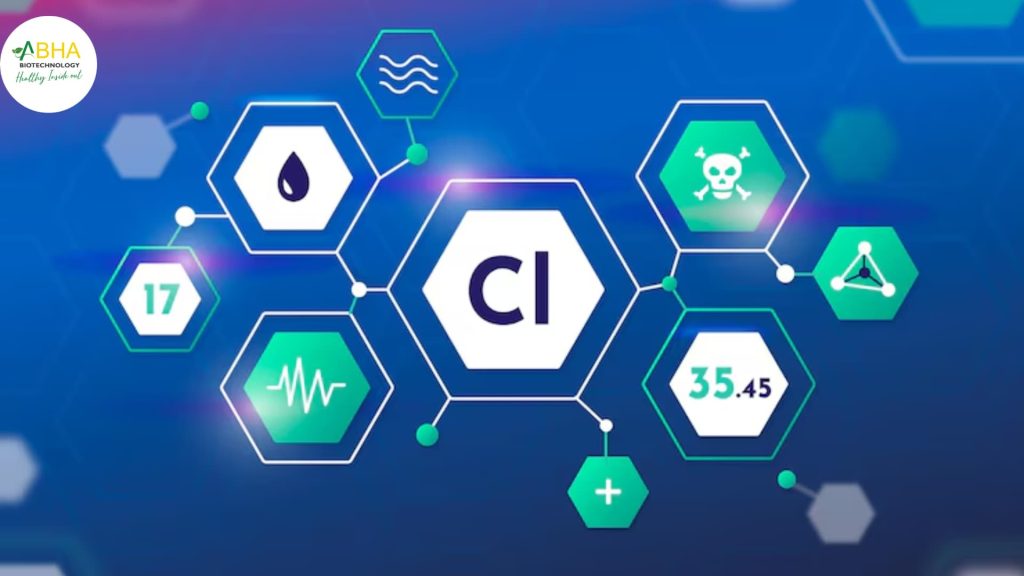Bone diseases are a significant health concern in India, as the population continues to age. Osteoporosis, the most common bone-related condition, affects 61 million in India, of which 80 % are females (Khinda, et al., 2022). The prevalence of osteoporosis peaks in India 10–20 years sooner in comparison to the Western nations, having a severe negative impact on the country’s health and economic resources.
Vitamin D, often called the sunshine vitamin, is an essential nutrient that plays a critical role in maintaining healthy bones. For the majority of the population, the primary source of Vitamin D is UVB exposure [290-315 nm] (Holick, 2004).
Cholecalciferol also known as Vitamin D3 is essential for bone health as it regulates minerals, which affects skeletal homeostasis in vertebrates (Anderson, et al., 2011). Childhood vitamin D3 deficiency can have serious health repercussions, including growth retardation and negative effects on bone mineralization and bone remodelling, which can result in rickets. These effects during youth also provide a sizable risk for later-life osteoporosis development (Williamson, et al., 2017).

There been studies that have shown the positive effect of Cholecalciferol on bone health. Study done on mice showed that administration of Vitamin D3 on deficient mice lead to with greater bone strength, greater structural and material ductility, and greater toughness (Williamson, et al., 2017). Another study was done on postmenopausal women and it was observed three months of vitamin D3 supplementation improved bone strength and trabecular thickness in tibia, vBMD in the trochanter and femoral neck (Bislev, et al., 2018).

Trials have been conducted to study the effect of calcium on bones. It has been observed that increasing the daily calcium intake from less than 400 mg to 800 mg per day in postmenopausal women significantly reduced bone loss (Dawson-Hughes, et al., 1990). Another study was conducted in the USA to observe the effect of prenatal calcium supplementation on bone during pregnancy and one year postpartum which showed that supplement calcium provided during pregnancy may improve bone health and recovery postpartum in women (Cullers, et al., 2019).
Among the several nutrients, calcium and vitamin D have demonstrated their effectiveness in maintaining bone mineral loss in postmenopausal women and promoting normal bone growth and development in children and adolescents. (Reyes-Garcia, et al., 2018)conducted a trial to study the effect of calcium and vitamin D-enriched milk in 500 healthy postmenopausal women over a period of 24 months. It was seen that the daily consumption of calcium- and vitamin D-enriched milk in postmenopausal healthy women significantly improved their vitamin D status glycemic, lipid profiles and BMD at the femoral neck.

Collagen hydrolysate (CH) is recognized as a nutraceutical with minimal adverse effects, whose amino acid profile provides increased levels of glycine and proline, which collect preferentially in cartilage when properly digested. Collagen plays a critical role in maintaining bone health. Bone is made up of a matrix of collagen fibres and minerals, including calcium, magnesium, and phosphorus. It provides the structure and flexibility of bone, while minerals give its hardness and strength.
As we age, collagen production declines, and bones become weaker and susceptible to breakage. It is, for this reason, as we grow older bone density decreases, leading to diseases such as osteoporosis.
Studies have shown that the intake of hydrolysed collagen not only stimulates collagen regeneration in tissue but also of minor components like glycosaminoglycans. Clinical studies demonstrate that regular use of HC helps to lessen and prevent joint discomfort, loss of bone density, and skin ageing (Juher & Pérez, 2015). A long-term (4 years) observation study in postmenopausal women with osteoporosis or osteopenia was conducted and it showed supplementation of specific bioactive collagen peptides appeared to be effective in counteracting losses in bone mineral density (BMD). Moreover, significant increases in BMD and the T-score in the spine and femoral neck could contribute to improved bone stability. (Zdzieblik, et al., 2021).

Other than bone health, systematic reviews of different pieces of literature over the years have indicated that oral administration of intact or hydrolysed collagen enhances the clinical manifestation of skin health (Barati, et al., 2020).
At ABHA biotechnology one can find the perfect blend of these three nutraceuticals that will help you in obtaining your optimal bone and skin health.








